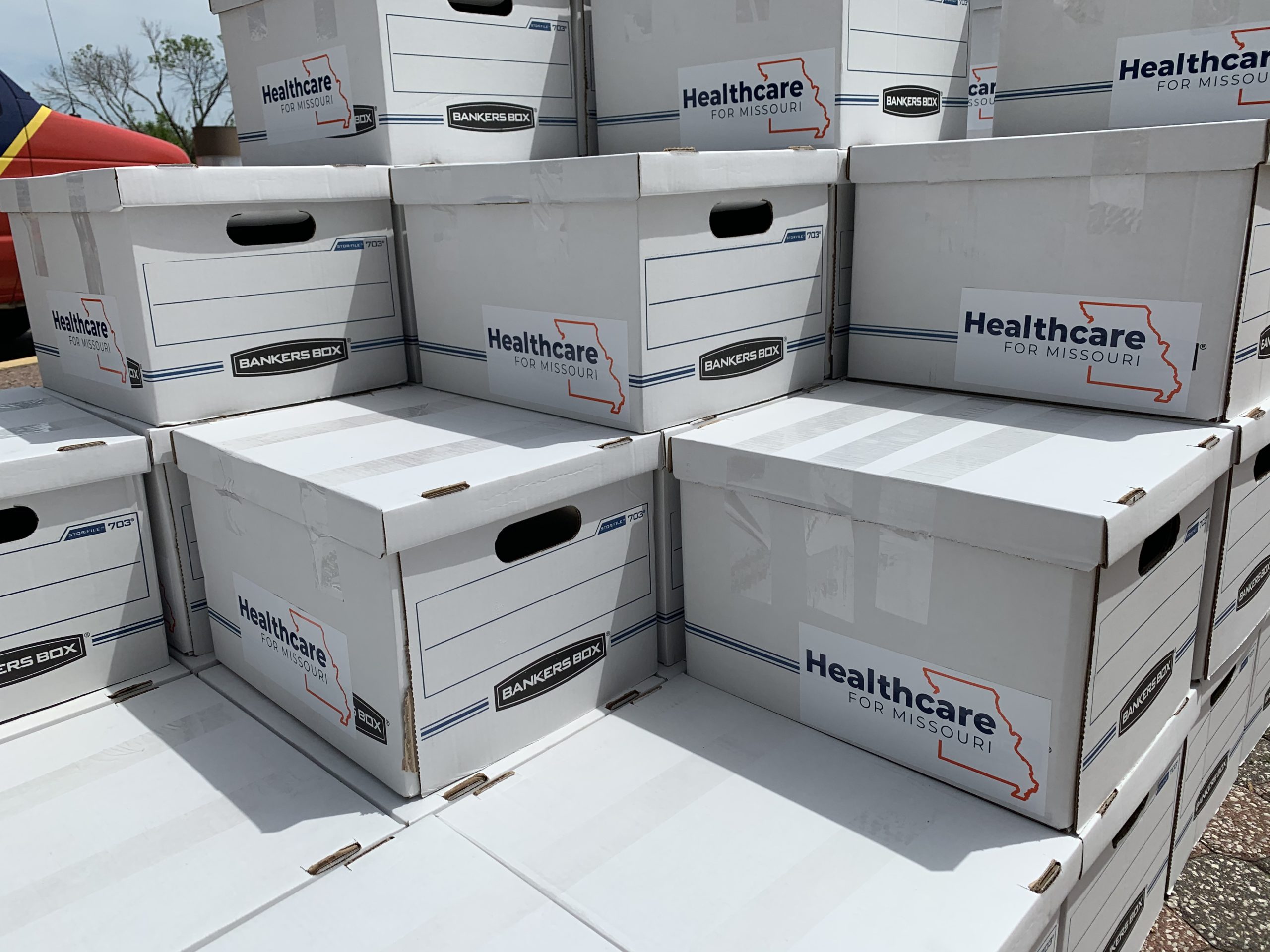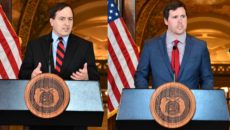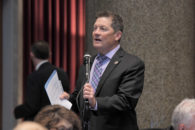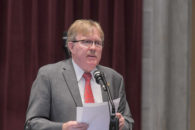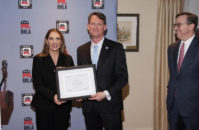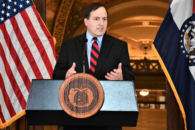JEFFERSON CITY, Mo. — A number of lawsuits over the Medicaid expansion initiative have been leveled just days after the governor placed it on August’s ballot.
The suits come from a pair of conservative advocacy organizations: United For Missouri and Americans for Prosperity-Missouri (AFP-MO). Both organizations expressed concern over the revenue needed for Petition 2020-63 as well as the constitutionality of its funding.
“The Missouri Constitution very clearly requires an initiative petition to identify a revenue source to fund the objectives of the initiative,” said Ryan Johnson, United For Missouri’s senior advisor, in a statement. “Initiative Petition 2020-063 expands access to Medicaid with a staggering estimated cost of $2 billion annually and does not address how to fully pay for it. This initiative, as certified by Secretary of State Ashcroft, is unconstitutional on its face because it seeks to create what amounts to an unfunded liability in the Constitution.”
AFP-MO’s State Director Jeremy Cady echoed these concerns to The Missouri Times.
“Auditor Nicole Galloway’s fiscal note shows that it is going to cost $2 billion per year when it is enacted. The state’s portion of that cost is 10 percent, which is $200 million. The way the initiative is written would force the Missouri legislature to appropriate the funds to cover these new costs. This initiative petition is unconstitutional because it forces the state to appropriate funds to cover it, and it doesn’t provide a source to do so,” Cady said.
Cady’s argument cites Article III, Section 51 of the Missouri Constitution, which requires initiatives to name the source of their funding. The Medicaid initiative does not, meaning that the funding would come from general revenue and compete against other programs, those against the measure have said.
“Our current state of affairs in Missouri regarding the budget and the crisis that’s going on really highlights the importance of Article III and why initiatives aren’t allowed to appropriate,” Cady continued. “The Missouri Legislature recently reduced the budget by $700 million, and the governor is calling for more withholdings from the budget as well. The budget right now is very tenuous and forcing Missourians to take on another $200 million in cost isn’t going to help that. One reason that article is there is to protect the state budget, and that’s why we’re challenging this issue.”
Though his organization does not currently have plans to file a suit of its own, Liberty Alliance Executive Director Chris Vas agreed that the issue was unconstitutional.
“We definitely think that the courts will do the right thing and remove this unconstitutional measure from the ballot. That’s why these lawsuits were filed and we’re looking forward to this measure being removed,” Vas told The Missouri Times.
Other groups oppose the lawsuits and support the initiative. “Filing frivolous lawsuits to prevent Missourians from expanding health care, protecting jobs and keeping rural hospitals open at a time when these issues are more important than ever is a new low — even for special interest lawyers,” said Healthcare for Missouri spokesman Jack Cardetti in a statement. “This attempt to take away the right of all Missourians to vote will not work. It’s simply a last-ditch effort by people who know they cannot win in the court of public opinion.”
“Nearly 350,000 Missourians signed petitions to put Medicaid expansion on the ballot, and they are excited to vote yes on Amendment 2 this August. Voters have made it clear they want the chance to return billions of our tax dollars from Washington, D.C. to our local economy and to expand healthcare to 230,000 hardworking Missourians.”
The measure was moved from the November ballot to August by Gov. Mike Parson on Tuesday. Parson has voiced his own concerns about the issue but said during Tuesday’s press conference that the change was a matter of economics rather than politics.
“Our government is working day and night to make the best decisions for the people of our state,” Parson said. “To make those decisions, we need to know as much information as soon as possible. Missouri is already one of the top five states in the U.S. for general revenue spending on Medicaid, and [it’s estimated] we will need an additional $88 million in general revenue through 2021 because of COVID-19. So pass or fail, it’s important we understand the implications of what would be a new spending bill of our already depleted general revenue.”
Thirty-six states have already adopted Medicaid expansion measures.
EDITOR’S NOTE: For up-to-date information on coronavirus, check with the CDC and DHSS.

Cameron Gerber studied journalism at Lincoln University. Prior to Lincoln, he earned an associate’s degree from State Fair Community College. Cameron is a native of Eldon, Missouri.
Contact Cameron at cameron@themissouritimes.com.

